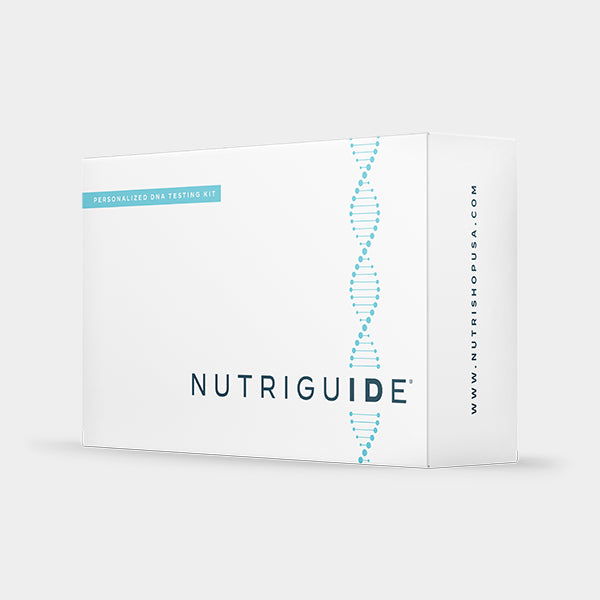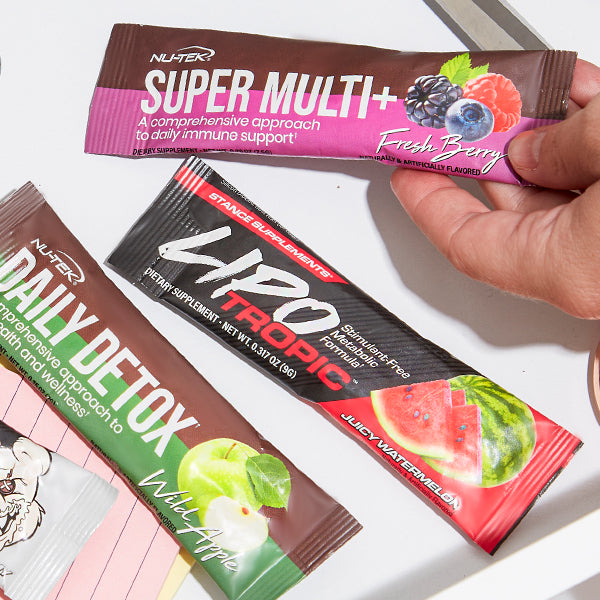Ever felt like you're navigating a maze of fitness advice, where every turn leads you to another "foolproof" tip for transforming your body? It's like the Wild West out there, with myths and tall tales about body composition lurking around every corner. But fear not! We're here to separate the wheat from the chaff, armed with science and a dash of common sense. Whether you're eyeing those nutritional supplements, aiming to shed some pounds, or just trying to eat a bit healthier, let's bust some of the biggest myths about body composition in a way that's both educational and as easy to digest as your favorite smoothie.
Myth 1: You Can Turn Fat Into Muscle
The belief that fat can be transformed into muscle is a major misunderstanding of human biology. Fat (adipose tissue) and muscle (lean tissue) are two distinct types of tissues with different functions. They are as different as water and wine. And, no, you can't directly convert one into the other. Research shows that fat loss occurs when you burn more calories than you consume, and muscle gain requires strength training and adequate protein intake.
Myth 2: Supplements Are the Silver Bullet
Supplements can be fantastic sidekicks on your quest for better body composition, but they're not superheroes. Think of them as part of your support crew, not the main event. A balanced diet and consistent exercise routine are your true MVPs. Supplements can enhance your journey, but without the right nutrition and workout plan, they won't be winning any battles on their own.
Myth 3: Fat Loss Can Be Targeted
Ah, the dream of losing fat just where we want it. If only our bodies were that accommodating. Science says, "Nice try, but no." Fat loss is a whole-body affair; you can't pick and choose like you're at a buffet. A well-rounded diet and exercise plan is your ticket to an overall reduction in body fat, not just in the spots you're eyeing in the mirror.
Myth 4: Carbs are Evil
Carbohydrates have been unfairly vilified in the context of fat loss. While it's true that reducing carbohydrate intake can lead to weight loss, mainly through water loss initially and then fat, carbohydrates are not inherently evil. Research suggests it's all about the type and quantity of carbs. Whole grains, fruits, and veggies? Those are your trusted allies, providing the energy and nutrients your body needs to thrive, work out, and recover.
Myth 5: More Gym Time Equals More Gains
The notion that spending more hours in the gym guarantees improved body composition is misleading. If only it were that simple. Your body needs downtime for muscle repair and growth – yes, rest is part of the recipe for success. Overdoing it can lead to the dreaded plateau, or worse, injury.
Quality trumps quantity, so focus on efficient, effective workouts followed by proper rest.Rest and recovery are equally crucial components of muscle growth and fat loss. Overtraining can lead to injury, fatigue, and diminished returns. Studies emphasize the importance of structured exercise programs that allow for adequate rest, highlighting that quality often trumps quantity when it comes to workout efficiency and effectiveness in improving body composition.
The Takeaway
Navigating the world of fitness and nutrition can feel like deciphering an ancient scroll, but armed with the right knowledge, you can make informed choices that lead to lasting changes in your body composition. Remember, there are no magical shortcuts – just the tried and true path of balanced nutrition, regular exercise, and giving your body the care it deserves. So let's raise a glass (of water or a protein shake) to busting myths and building healthier bodies, one truth at a time.






